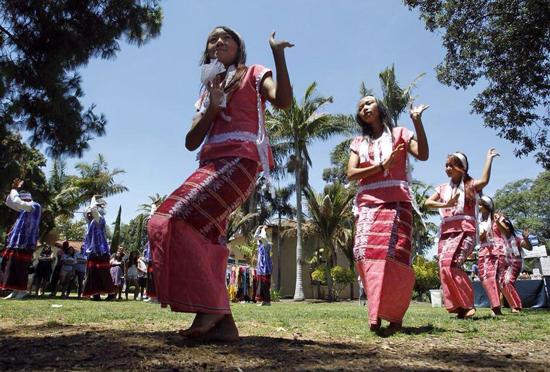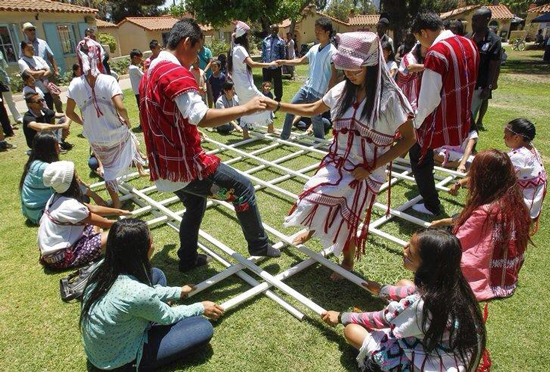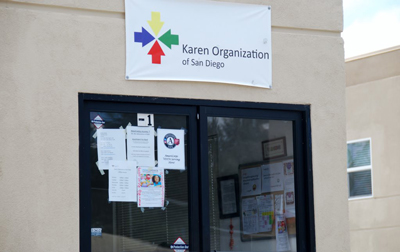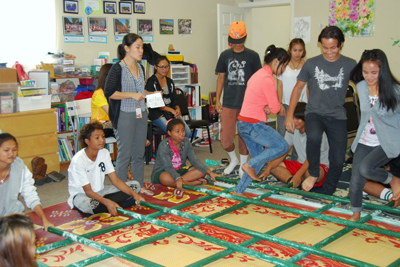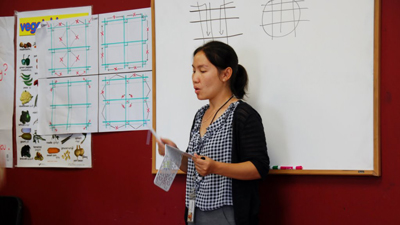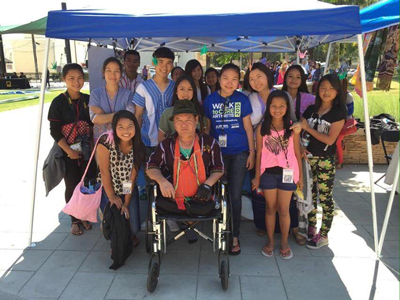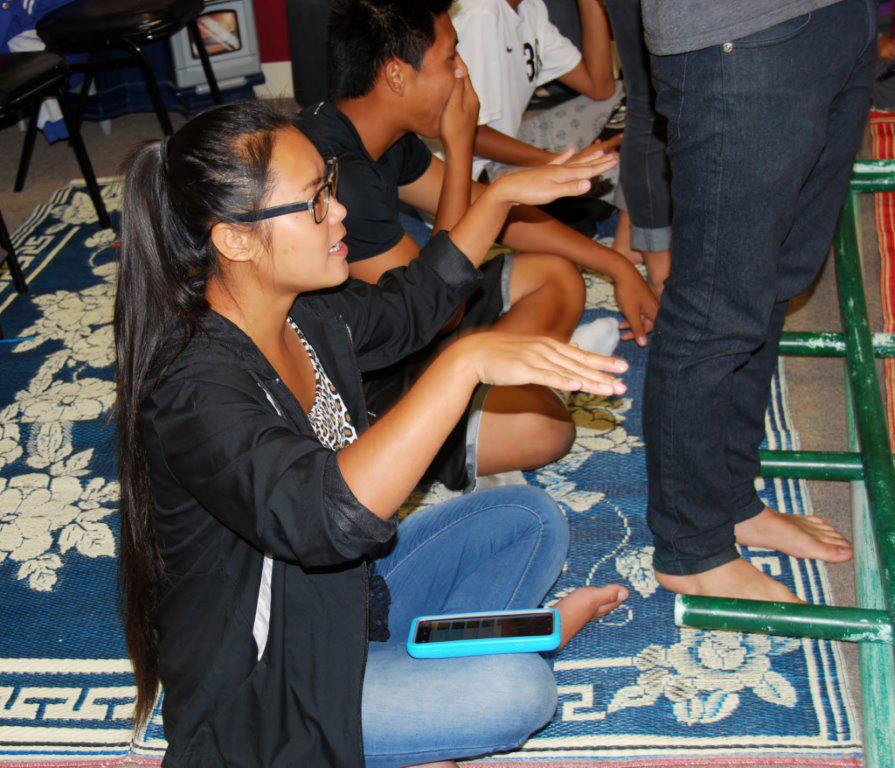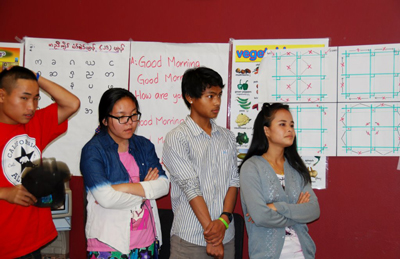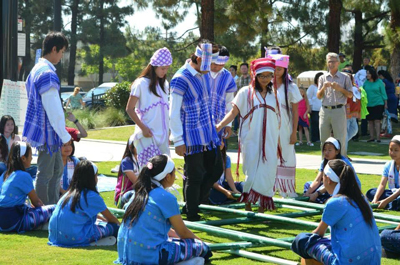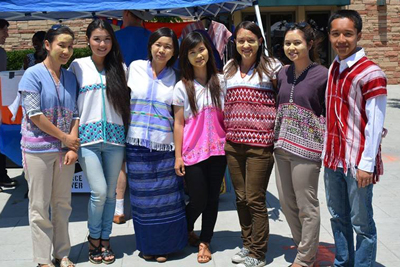Karen Organization of San Diego
The Karen Organization of San Diego is committed to the educational and social enhancement of various ethnic minority groups from Burma who reside in San Diego, California. Burma is one of the most ethnically diverse countries in the world, with eight main ethnic groups and more than 130 distinctive subgroups. Today, about half a million refugees are forced to live in neighboring and nearby countries such as Thailand, Bangladesh, India, and Malaysia. Some have been in the refugee camps for more than 20 years.
To date, the United States has resettled nearly 70,000 refugees from Burma, including members of the Karen, Karenni, Chin, Kachin, Shan, Mon, and Burmese ethnic groups. The number of refugees from Burma has dramatically increased since 2007. Accordingly, the number of those who resettled in San Diego has also kept increasing; to date, more than 1,500 refugees from Burma have resettled in San Diego.
In 2016, the Karen Organization of San Diego received a grant from ACTA’s Living Cultures Grants Program to support their weekly dance circle classes, weekly weaving classes, and annual Karen New Year celebration. Through this project, refugee youth will have the opportunity to learn traditional Karen dances and weaving techniques from master instructors. Students will also have the opportunity to connect with and serve as cultural ambassadors to San Diegans, as they perform at local community events.
In 2015, the Karen Organization of San Diego received a grant from ACTA’s Living Cultures Grants Program to support their weekly Karen dance circle classes and annual Karen New Year celebration.
The following video was created by Speak City Heights, a local San Diego’s media outlet, and features the 2013 Karen New Year celebration. The Karen Don dance can be seen at 0:37 and the Karen bamboo dance can be seen at 1:04.

